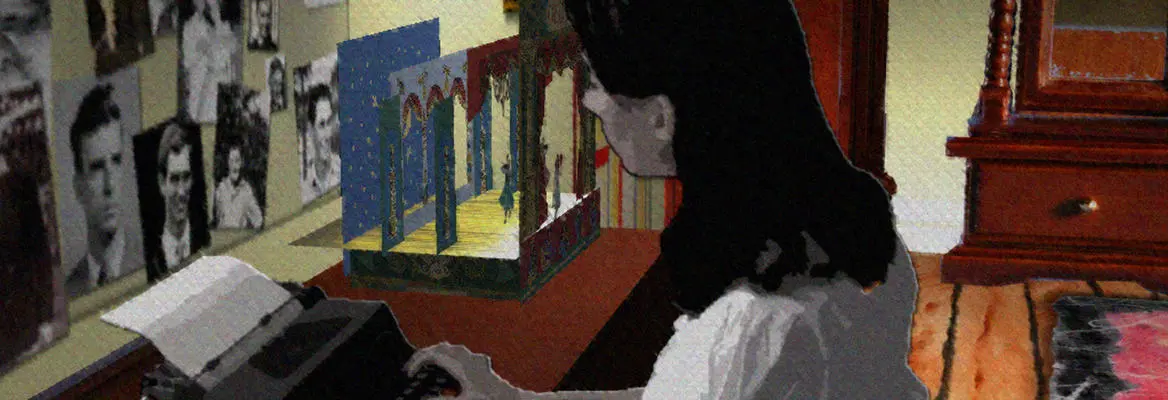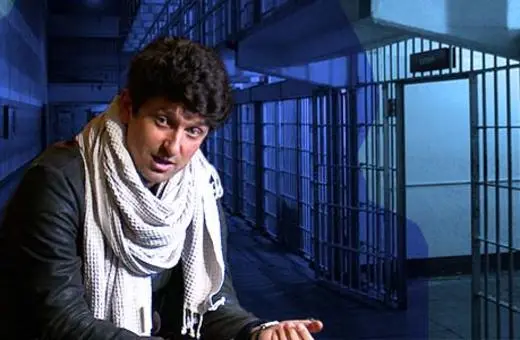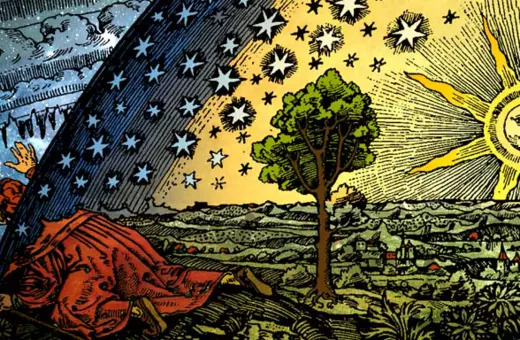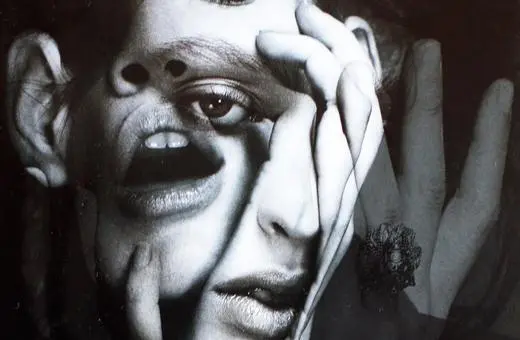We write to know we aren’t alone. We read for the same reason: to lose ourselves in the lives of other characters; to surround ourselves with the sights and sounds of other lives; to join imagined communities we can take on as our own. All writers are lonely, and all readers too, and those of us who keep journals turn those private pages into other versions of ourselves.
Diaries allow us to practise ideal identities and to resolve future hopes and fears. On November 13th, 1949, the young writer, Sylvia Plath, set down a manifesto for her future self in the pages of her journal. She chose not to write, but to type her entry, for this was a distinctly formal arrangement with herself: a private audition for her emerging public self. Casting herself as ‘The Girl Who Would be God,’ seventeen-year-old Plath automatically grants herself the leading role in her private drama: as omniscient creator, magus and maker.
Suzie Hanna’s film, ‘The Girl Who Would Be God’ (2007) turns this diary entry into a piece of animated imagined biography. Working closely with the original diary entry, and the Plath archives from Smith College and Indiana University, Hanna’s film begins by showing us the young writer typing up her literary fantasia from the confines of her small bedroom in Winthrop, Massachusetts. Hanna’s research is meticulous, but she does not try to capture or recreate the historical Sylvia Plath; instead, she creates an imaginatively inferred version of Plath drawn from the names of film stars and fairytale characters she records in her journals. Disney’s dark-haired Snow White is among them. A local teen from Hanna’s hometown plays Plath on screen - an approximate version of the Disney heroine - while the so-called ‘real’ Sylvia Plath remains invisible.
Any memoir will be partly fictional and partly true depending on what we choose to fixate on. Whatever personal truth we come to in the process of weaving our memories together, some part of this tapestry will always be built upon distortions and exaggerations.
The film plays with the jagged and torn outlines of paper collages and cut-out dolls, those paper crafts Plath pursued as forms of play and self-styling. Hanna is careful to avoid any replication of Plath from photographs, not only for the sake of professional ethics, but also to honour Plath’s artistic preference for veiled and constructed personae. This is the figure who slide behind mirrors in several of her poems; an ambiguous double self who remains off-stage and in the shadows.
Plath did not write a memoir, but her poetry dramatises and gives voice to what Emily Dickinson called ‘dwelling in possibility’: several versions of a life summoned and held together. Memoir allows a writer to create alternative versions to lived events. This is because memory itself conspires to create sets of patterns and images obsessively replayed, stopped and restarted -- as we choose. Thus any memoir will be partly fictional and partly true depending on what we choose to fixate on. Whatever personal truth we come to in the process of weaving our memories together, some part of this tapestry will always be built upon distortions and exaggerations: all the stuff of fiction.



















Join the conversation